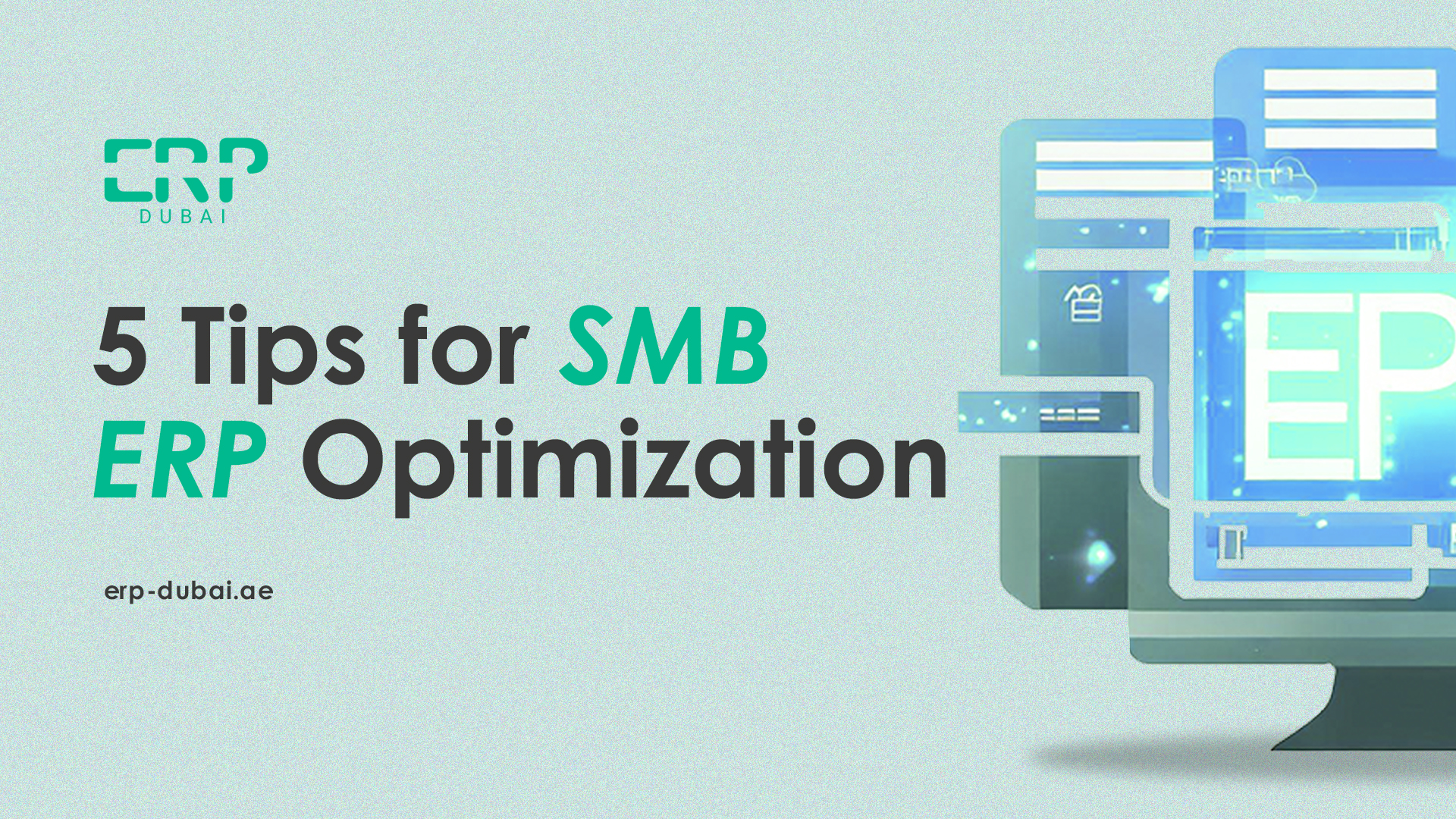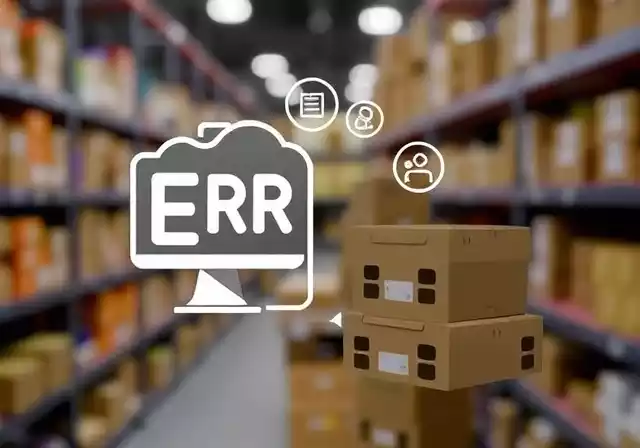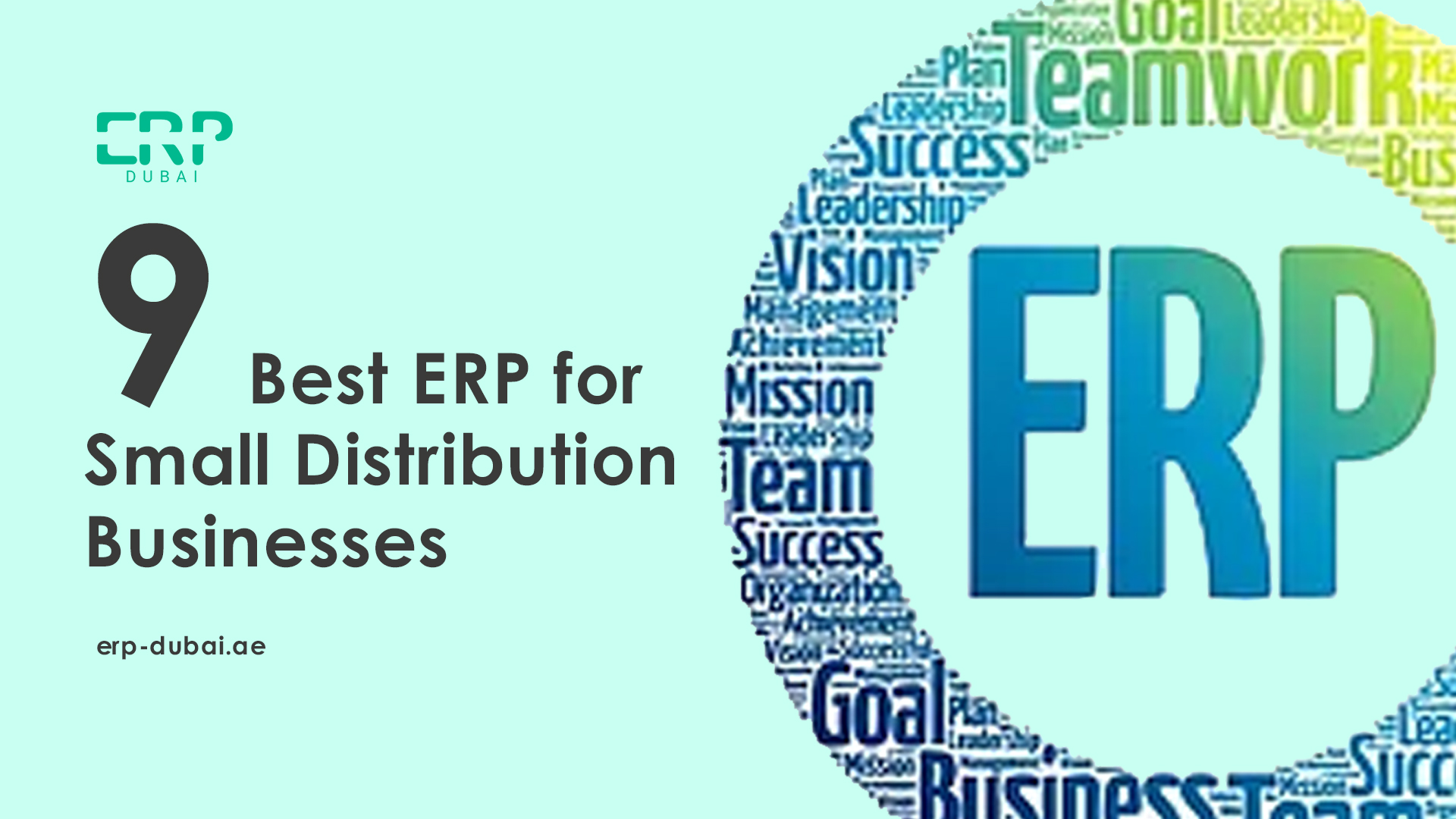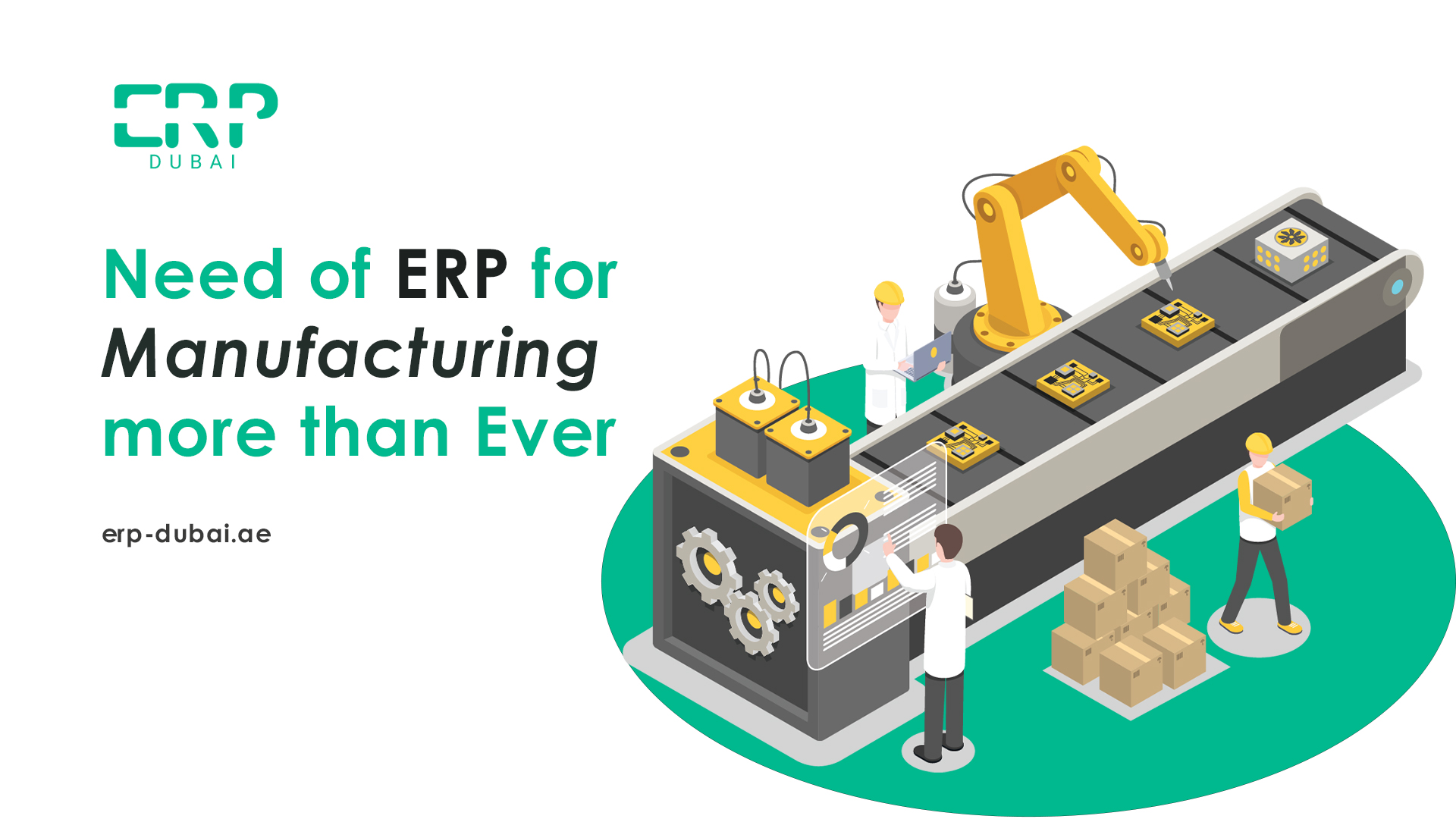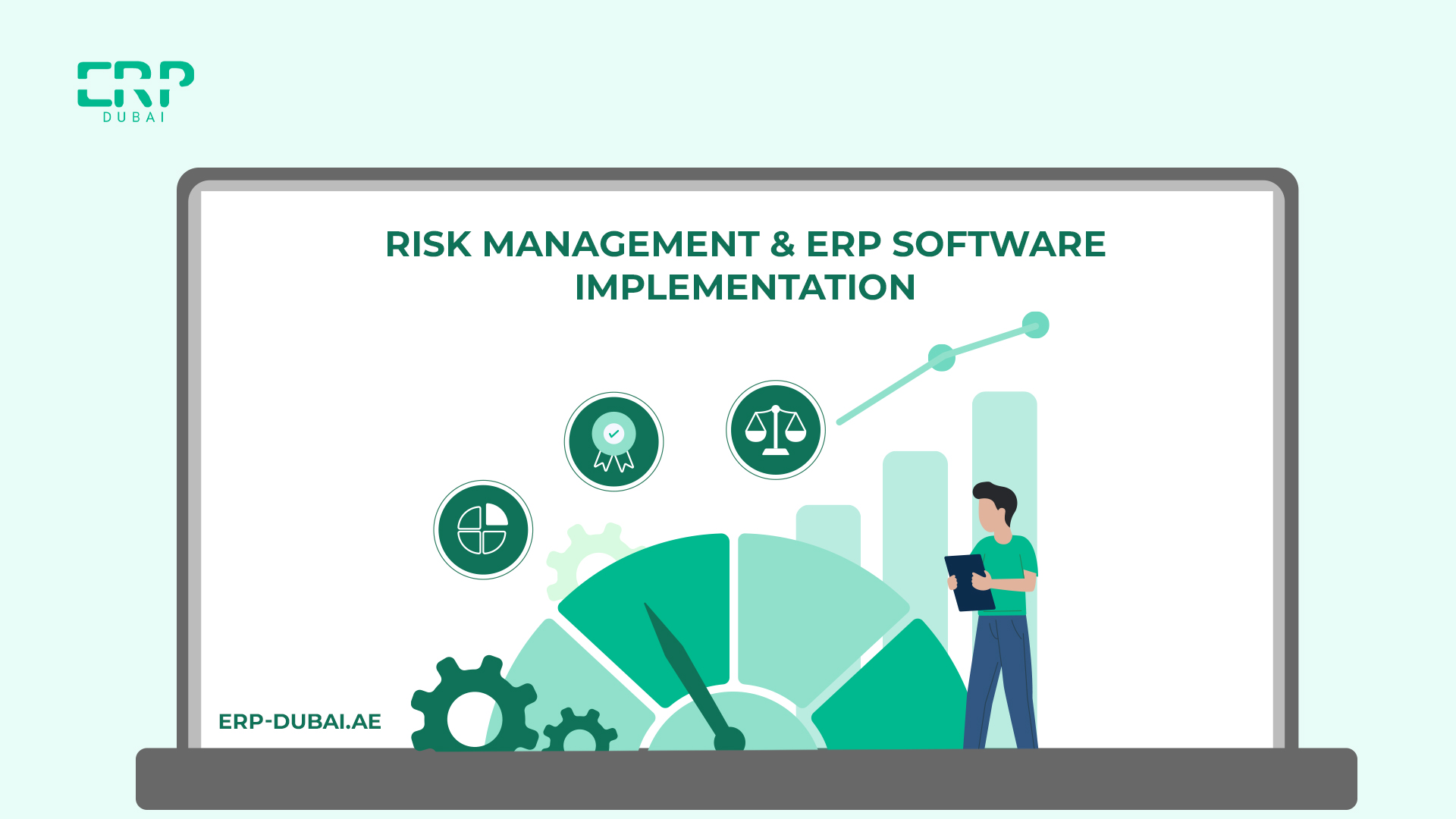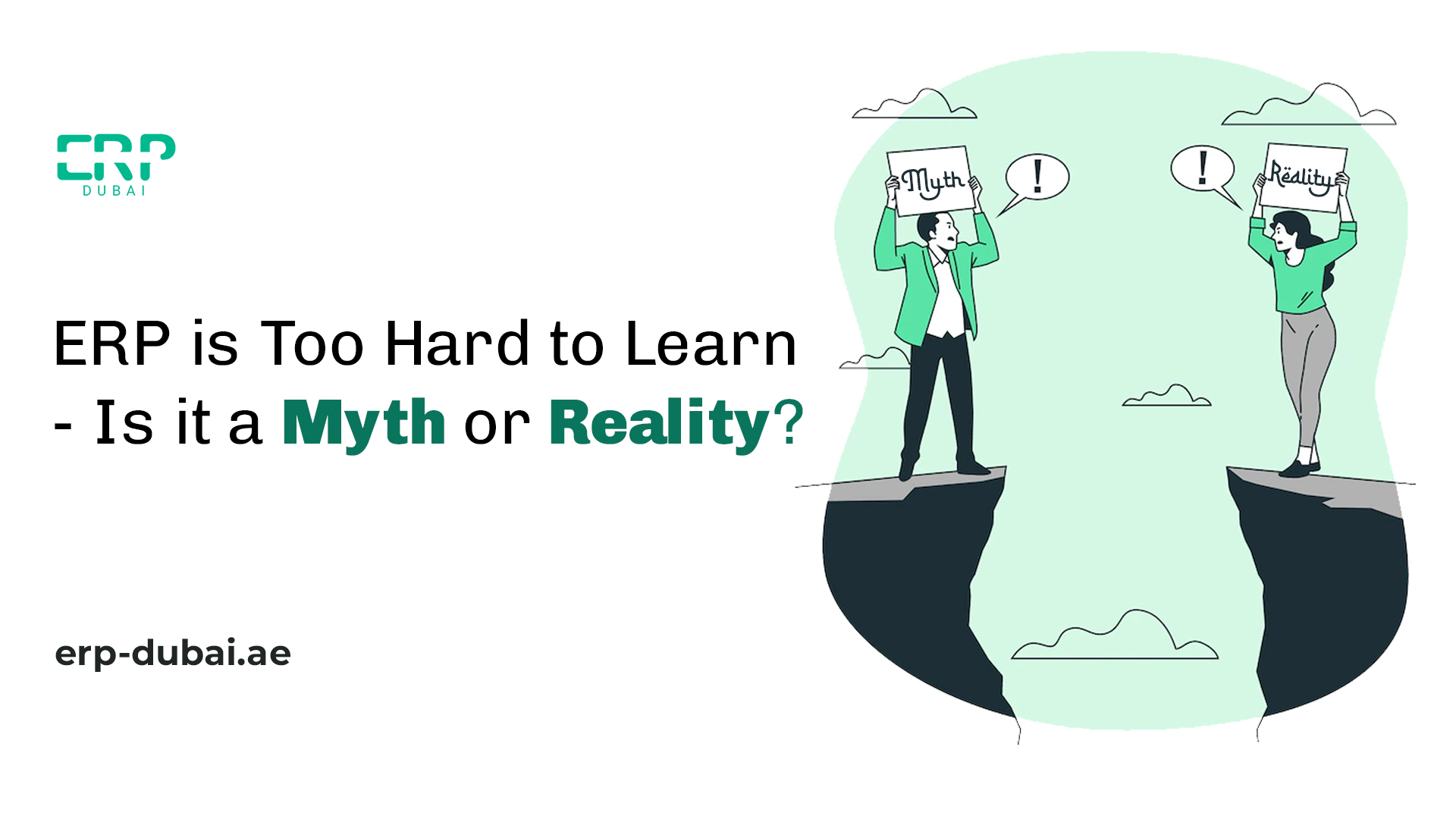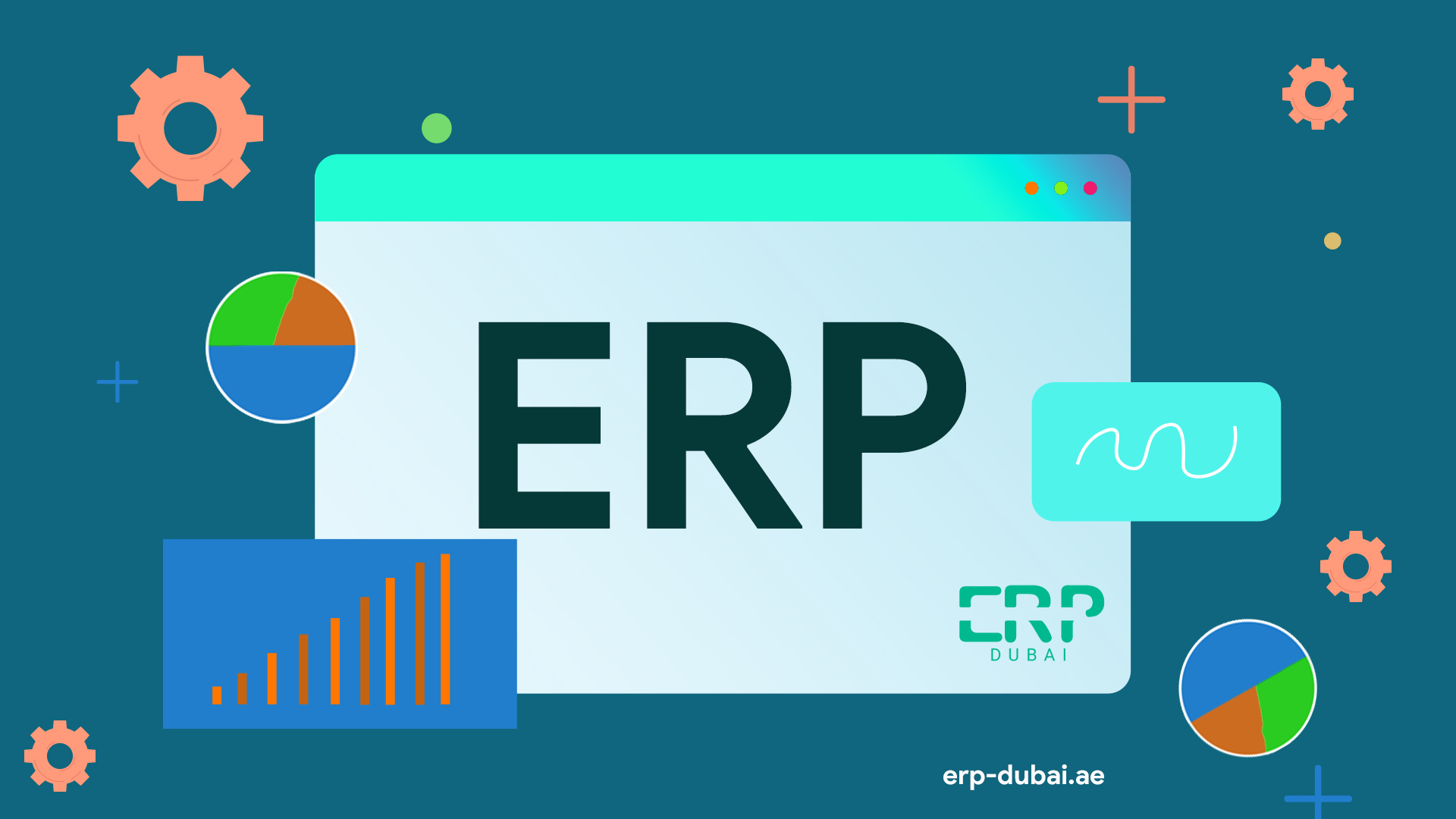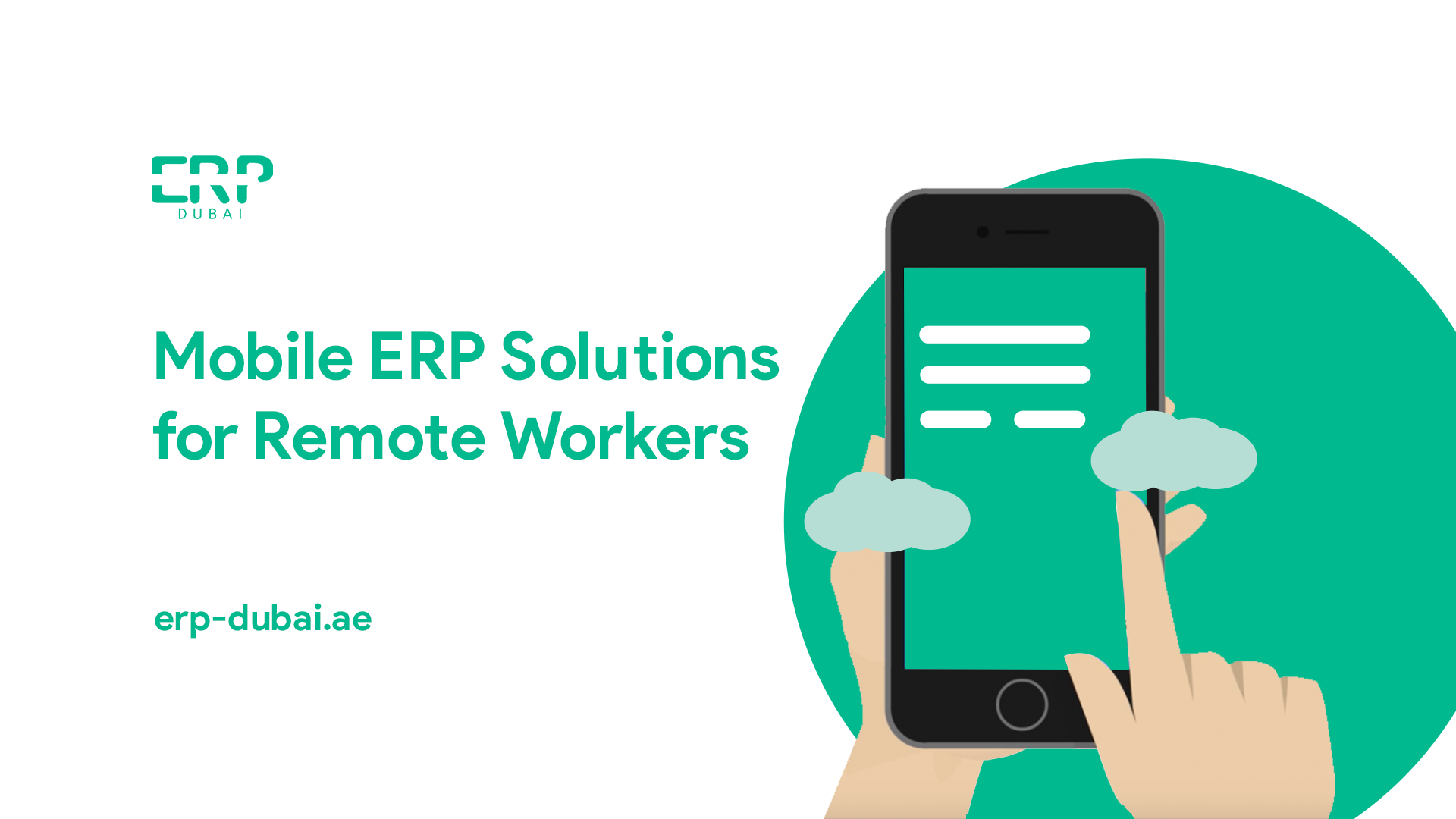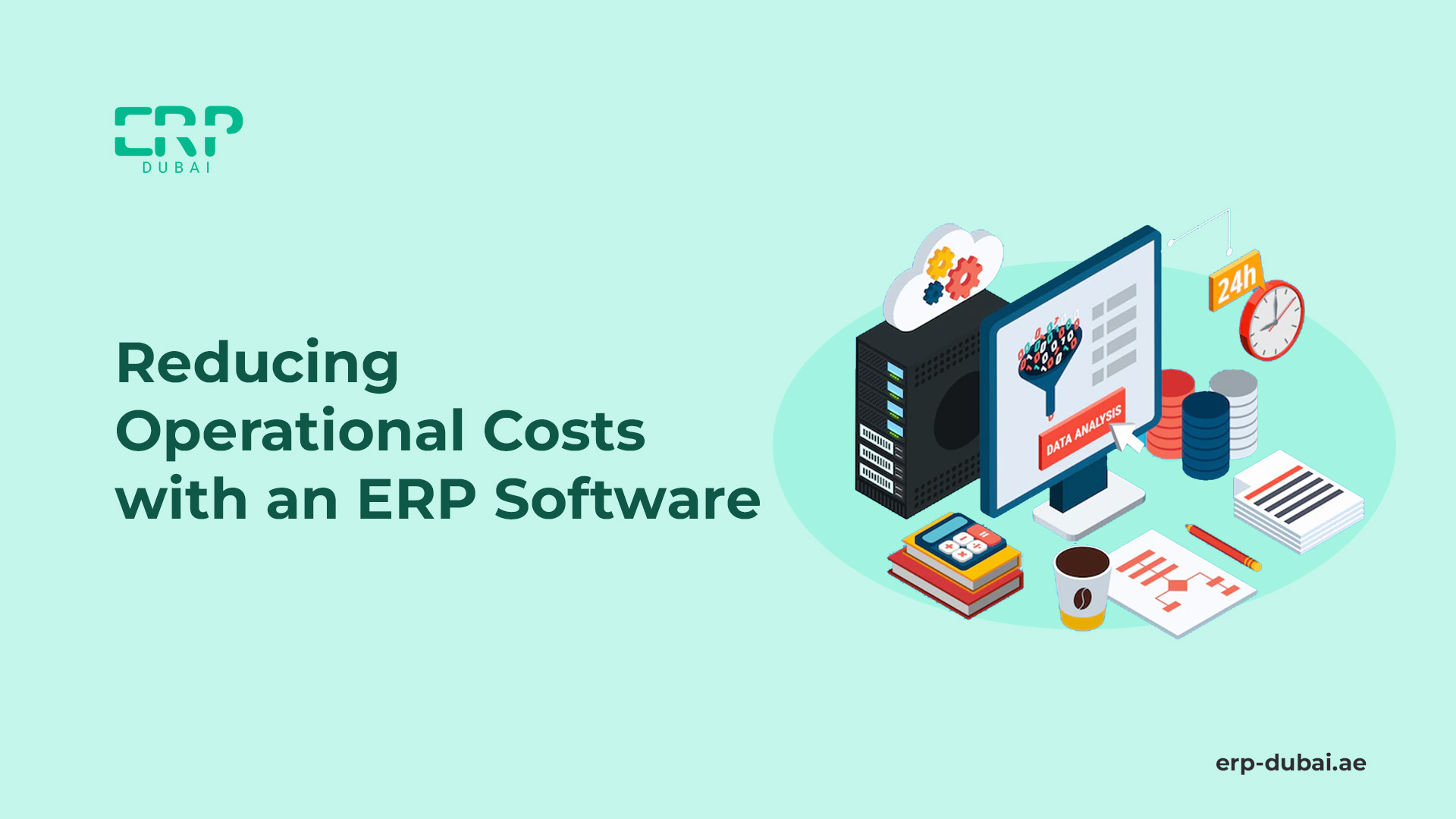No products in the cart.

7 reasons Why Business Uncertainty is the Right Time for ERP
Let’s discuss today the relationship between Business Uncertainty and ERP software.
In a word, Business uncertainty is characterized as a condition of unpredictability and volatility in the economy, market dynamics, or industry trends which can have an impact on the development and success of businesses. Economic downturns, changes in governmental policy, natural disasters, pandemics, and technology disruptions are just a few examples of the various ways that uncertainty can appear. Such changes may harm a business’s operational effectiveness. And result in few or no sales, increased costs, or even worse profitability.
In such an environment of uncertainty, businesses need to adapt and respond quickly to changes in the market. Using an Enterprise Resource Planning (ERP) system is one way to achieve this. Hence, An ERP system is a software suite that unifies all of the key company processes, including accounting, finance, human resources, supply chain management, and inventory control, into a single, centralized system.
You must be thinking will it be right to implement an ERP tool in such a situation? Will it be expensive? Will it give me the required solution and profit for my business? In this blog, we will discuss 7 reasons why business uncertainty is the right time for ERP implementation.
7 reasons why business uncertainty is the right time for ERP System implementation.
Centralized Data Management
Businesses must have reliable and up-to-date data to make decisions in an uncertain environment. An ERP system offers a centralized data management solution that enables enterprises to have a single source of truth for all of their data. Hence, it means that all information about finances, accounting, inventory, and supply chain management is available in a single place. In addition to saving time, this lowers the chance of errors that may arise from data being scattered across several systems.
Improved Efficiency
Businesses can increase efficiency and streamline operations with the help of ERP software. Businesses must work harder with fewer resources when there is uncertainty. Employees can therefore concentrate on more strategic tasks by using an ERP system to automate repetitive operations like data entry, reporting, and inventory management. This not only improves efficiency but also lowers the chance of errors and increases data accuracy.
Better Inventory Management
Businesses need to have better control over their inventory management during uncertain times. Businesses can make informed decisions about inventory management by using an ERP system. This can provide real-time visibility into inventory levels, orders, and shipments. This can also help companies in reducing surplus inventory and minimize stockouts, save money, and enhance customer satisfaction.
Improved Customer Service
Customer service becomes even more important in uncertain times as companies strive to retain customers and sustain revenue streams. Moreover, Businesses can offer customized services and increase customer satisfaction by using an ERP system to get a complete picture of their interactions with the history of their customers. Even in uncertain times, this can promote customer loyalty and repeat business.
Cost savings
Although using ERP software may initially seem expensive, over time it can result in significant cost savings. Businesses can cut costs by increasing productivity, minimizing mistakes, and better managing inventories with an ERP system. Furthermore, an ERP tool can offer insights into areas of the organization where costs can be further decreased, enabling businesses to decide on cost-cutting initiatives with expertise.
Scalability
Businesses must be able to respond quickly to market changes in uncertain times. ERP software can offer the scalability that companies require to develop and grow. Overall, According to the needs of the company, an ERP system can be quickly scaled up or down. This enables businesses to adapt to changes in demand, workforce, and market conditions.
Better Compliance
Businesses must have the flexibility to comply with changing regulations and policies during uncertain times. By offering a centralized solution for gathering and reporting on financial and regulatory data, an ERP system can assist businesses in maintaining compliance. This can help organizations in avoiding the penalties and fines that could be incurred for non-compliance.
Conclusion
In conclusion, business uncertainty is the right time for Enterprise Resource Planning (ERP )implementation. Businesses that use an ERP system can benefit from centralized data management, increased productivity, better inventory management, greater customer service, cost savings, scalability, and better compliance. All of which are necessary for them to survive and grow in difficult times.
Risk and business have never got along well. Even though many businesses succeed and expand into new areas by taking calculated risks, they nonetheless make an effort to do so. Among other consequences, certain risks can cost businesses money in the form of lost sales, brand damage, and broken partnerships. Therefore, businesses must manage uncertainty and reduce risks.
Finding the Right ERP System at uncertainty
In times of business uncertainty, it’s important to have reliable and efficient ERP software that can help you stay on top of your operations. That’s where Elate ERP comes in. With its advanced features and user-friendly interface, the Elate ERP tool can streamline your business processes, improve your productivity, and provide you with real-time insights into your business performance. The Elate ERP software can help you manage your finances, inventory, or customer interactions. So, choose the Elate ERP tool today and take control of your business, even in the most uncertain times.
For making consultation with our experts, contact us today. Our software is completely ready to help your business grow to the fullest.



